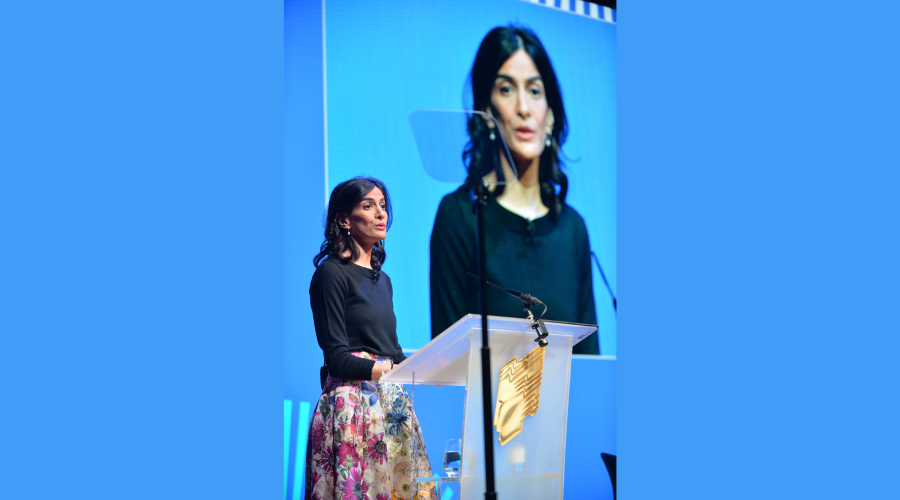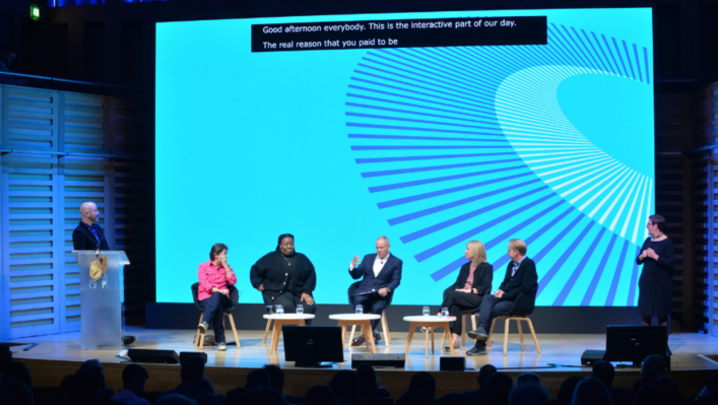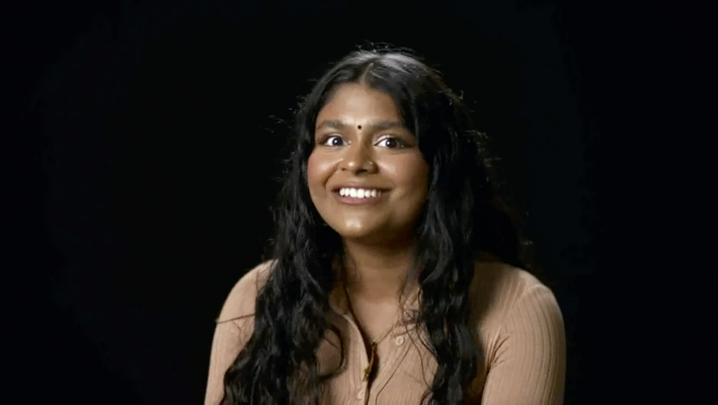Convention Chair Priya Dogra lays out the critical challenges facing the TV industry.
Viewing habits, business models and technology continue to change but, as media companies compete for attention, great content remains the key to success. That was one of the key points made by Priya Dogra, President and Managing Director, EMEA, of Warner Bros. Discovery, during her opening remarks at the RTS London Convention, which she chaired.
Over the past century, she said, film, TV and other media had been engaged in “a battle for people’s time and money, responding to challenges from new technologies and trying to create and secure the best content”.
The fight is now more intense than ever, she said, as streaming services compete with linear-TV channels for viewers and content. Other forms of entertainment are challenging TV’s supremacy, especially among young audiences. Entirely new technologies such as the metaverse have the potential to disrupt the industry further.
“Against this changing backdrop, many of the traditional labels that have long been used to define different parts of our industry no longer seem so relevant,” she said. “Most of us are seeking to engage consumers across multiple platforms and devices, and generating income from a variety of different sources.
“Warner Bros. Discovery is a good example. We are, at heart, a business that invests in great storytelling of all kinds, both for ourselves and for our partners.

“We bring those stories to audiences in many different ways: cinemas, linear channels, streaming services and also through games, experiences and consumer products.”
The fight for attention is a complex one fought globally and locally across different media, she pointed out. Companies can be competitors and collaborators simultaneously.
“For regulators and politicians, the challenges are equally acute,” she said. “When the world is changing so fast, how can future regulation support a thriving creative economy and allow consumers to benefit from a wide choice of high-quality content?”
Audiences have embraced these opportunities and viewing habits have changed redically. But, she asked, is that choice creating more confusion and frustration? And does competition necessarily mean lower prices? Many families are concerned about the cost-ofliving crisis – what will this mean for the industry?
“Over recent years, increasing competition between services has driven a record spend on content,” she noted. “But the changing economic outlook has led to predictions [that we are reaching] peak TV and the beginning of an era of financial retrenchment.
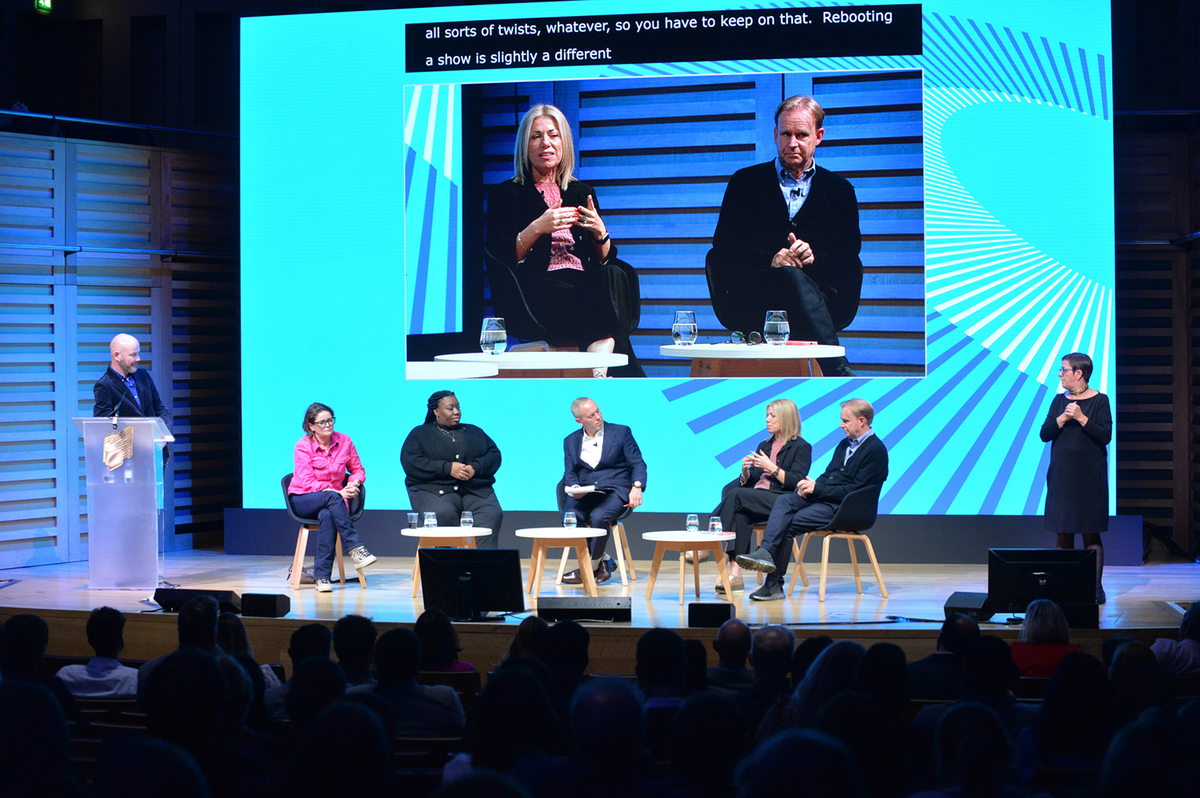
“How should we respond to these challenges and what does a winning strategy look like in this environment?”
The future of the BBC licence fee, Channel 4 privatisation and the regulation of online harms “have profound implications for the whole industry, not just the organisations directly impacted”. However, while policy and regulation are important: “We should never forget that this is a creative industry, and that great content is the key to success in the fight for attention.
“Of course, television is not only about entertainment. Recent events remind us that fearless new reporting is vital to society and democracy.” A panel featuring CNN investigative journalists would later explore the impact of vital new techniques.
“While many of us associate the RTS with first-class conferences, it’s important to remember that it is an educational charity,” said Dogra. She drew attention to the RTS Bursary Scholars in the audience and highlighted the filmed interviews with some of the students that would be shown during the day.
In addition, she referred to three short films created for the Black Britain Unspoken initiative, a partnership between Warner Bros. Discovery and Media Trust, that were to be premiered later in the day at the Convention. “These films aim to give an opportunity and voice to black film-makers who, as we know, continue to be under-represented across the director, writer and producer roles.”
The films, she said, by three “exceptional film-makers”, all in the audience – Richard Ampeh, Talisha “Tee Cee” Johnson and Sheila Kayuma – would be broadcast and streamed on Warner Bros. Discovery channels in October as part of Black History Month.
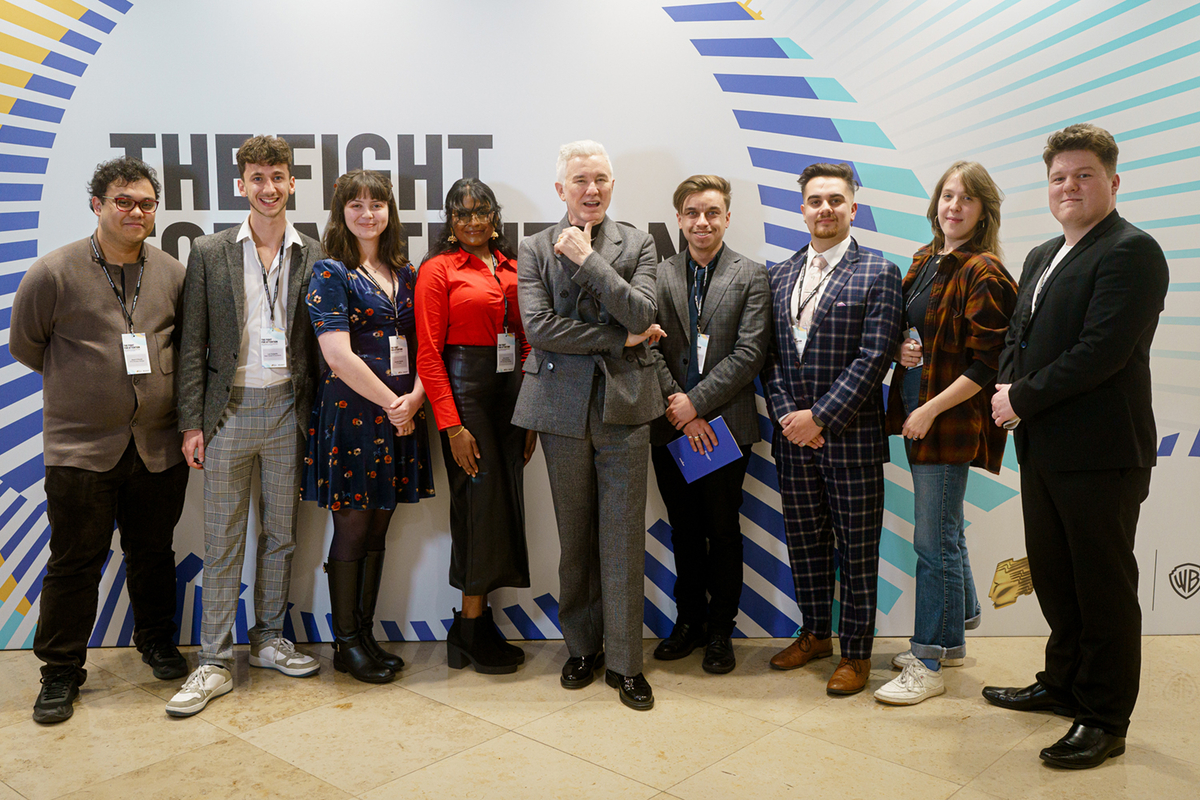
Priya Dogra, President and MD, EMEA, at Warner Bros. Discovery, chaired the RTS London Convention 2022.

